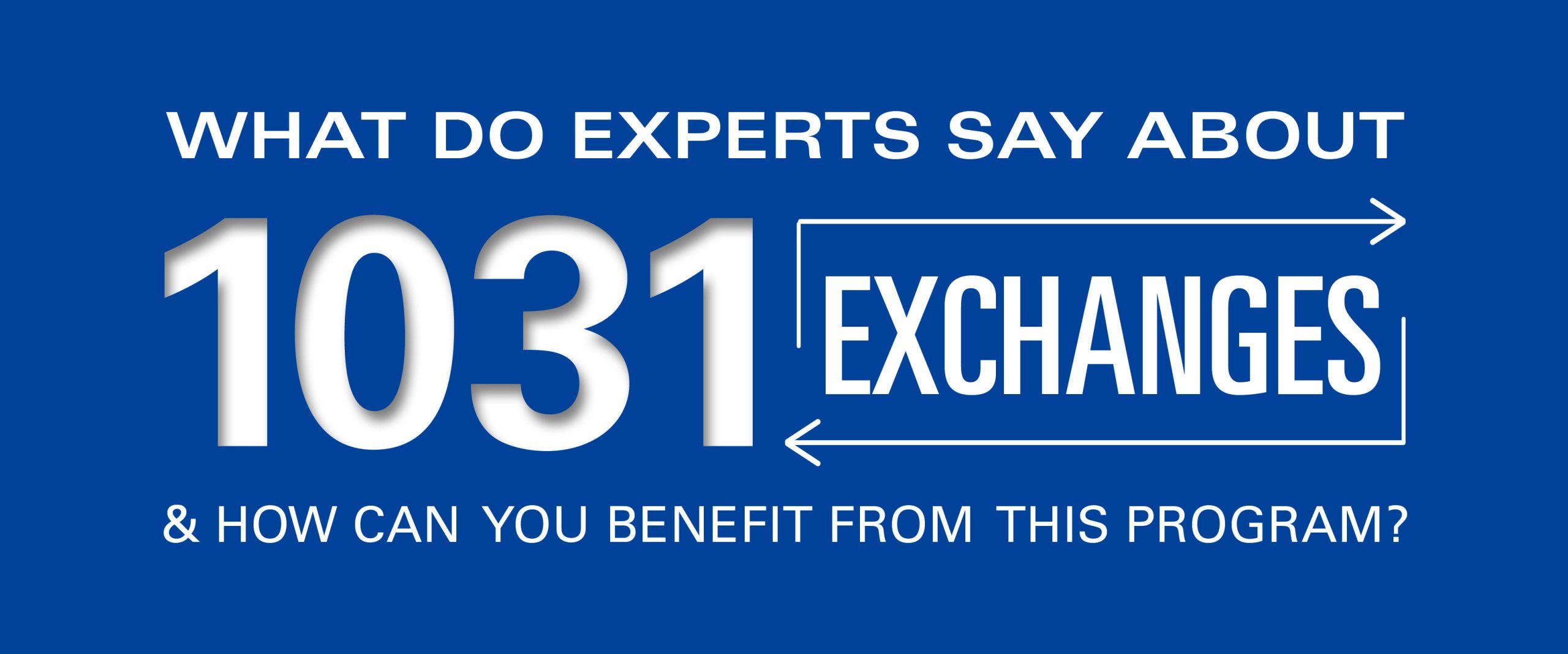What Commercial Property Owners Should Know About 1031 Exchanges
Why Are 1031 Exchanges Essential in Commercial Real Estate?
1031 exchanges were the hot topic of discussion at United Country | Auction Services monthly Bid Caller Webinar series. Hosted by UCAS leaders Jimmie Dean Coffey and Trina Turner, they sat with Max Hansen, a nationally recognized Certified Exchange Specialist, attorney, long-time landowner advocate in Washington D.C. and Managing Director at Accruit to examine the benefits of this underutilized tax benefit.
Drawing on his decades of experience, on top of his experience as the President of the Federation of Exchange Accommodations (FEA), Hansen’s mission is to educate all land real estate professionals on this unique tax exchange that allows them to help clients defer capital gains taxes and strategically reinvest through like-kind exchanges.
What Are 1031 Exchanges?
1031 exchange are found in Section 1031 of the IRS tax code that allows property owners to defer capital gains taxes when they sell investment property and reinvest the proceeds into another property of equal or greater value. This is tax deferral, not tax avoidance –a key aspect of the U.S. tax codes for more than a century.
It is important to note, if one has been familiar with the program for a long time, that this exchange only applies to real estate, not personal property, as part of the 2017 Tax Cuts and Jobs Act. Additionally, primary residences do not qualify for this program. The only exceptions for residential real estate are instances of properties being held for investment purpose and rented out or used commercial for at least two years prior. This update means that these 1031 exchange transactions must involve eligible commercial properties, such as:
- Hospitality, Hotels & Motels
- Office Buildings
- Multi-Unit Dwellings
- Warehouses & Storage
- Retail Centers
- Mixed-Use Developments
- Commercial, Recreational or Farmland
- Wind & Solar Energy Sites
- Billboard & Cell Tower Locations
- Water, Mineral & Timber Rights
How Do 1031 Exchanges Work?
There are several different formats for 1031 exchanges and each is designed to fit different transaction type’s needs: the forward, reverse and improvement exchanges. The most standard and commonly used method is the forward exchange, but the other formats offer creative and beneficial solutions for competitive markets and complex timelines.
Standard or Forward Exchange
This is the classic and most widely used exchange structure. An investor sells their existing property, which is referred to as a relinquished property, and then has:
- 45 days to identify potential replacement properties
- 180 days to close on one or more of those identified properties
The tight deadlines and strict identifications make it important to plan ahead and engage a Qualified Intermediary (QI) – a neutral third-party professional who holds the proceeds during the exchange and ensures IRS compliance.
Reverse Exchange
A reverse exchange is often used in the scenario of an investor that acquires the new property first before selling the relinquished property. This process is especially helpful in fast-moving markets or when the replacement opportunity is time-sensitive. This format is quite beneficial however reverse exchanges require more capital upfront and tend to involve more complex processes.
Improvement Exchange
Improvement or built-to-suit exchanges allow investors to exchange proceeds to make capital improvements or renovation to the new property before taking final possession. It’s ideal for repositioning older properties, such as renovating an outdated office building or modernizing industrial warehouses in order to better align the property with the market demand.
To fully defer capital gains, al of the following conditions must be met:
- The replacement property is of equal or greater value than the relinquished property.
- All net equity is reinvested.
- Debt replaced must match or exceed that of the original asset.
- No leftover cash or benefit (boot) is received by the exchanger.
Failing to meet all these requirements results in partial tax liability, making professional guidance for these exchanges an absolute must.
How Do 1031 Exchanges Benefit Commercial Real Estate Buyers?
For commercial buyers, the 1031 exchange offers a rare opportunity to scale up portfolios and increase long-term returns without losing money to taxes in the short term. By deferring taxation, investors are able to:
- Upgrade into properties that produce higher income, like moving from a single tenant building to a multi-tenant building, retail center or industrial complex.
- Diversify across property types or geographies to hedge risk and target the markets that are emerging.
- Preserve more equity to reinvest in building improvements, amenities, or operating reserves.
- Expand quickly and strategically, taking advantage of timing without penalty.
The 1031 exchange isn’t just a tax play –it’s a way to optimize a portfolio and strategy that empowers buyers to reinvest aggressively in the assets that fit their evolving goals.
How do 1031 Exchanges Benefit Commercial Real Estate Sellers?
For sellers, the value of the 1031 exchange is just as strong. This program allows for the liquidation of underperforming or non-core assets without taking a large tax hit. In many cases, long-held assets have appreciated substantially, triggering a large tax liability once the sale is made. A 1031 exchange delays this payment and gives the seller more capital to work with and invest immediately. Sellers can defer:
- Federal capital gains tax (typically 15-20%)
- Depreciation recapture tax (25%)
- Applicable state income tax (up to 13.3% in high-tax states)
- Net Investment Income Tax (NIIT)
By exchanging instead of selling outright, sellers can:
- Trade for better performing and better located properties
- Rid oneself of aging buildings without depleting equity
- Consolidate holdings into a larger, more professionally managed facility
- Set up estate and succession plan with a more flexibility and financial leverage
Why Brokers & Advisors Should Be 1031 Experts
Expert and advocate Max Hansen emphasized that brokers and other real estate advisors should be well versed in 1031 strategy to stand out in a competitive market and bring unmatched benefits to their clients. Those who take advantage of this program build stronger and more productive relationships in the industry and with their clients.
1031 exchangers are often:
- Cash buyers
- Operate on strict timelines, increasing buyer urgency
- Tend to own multiple properties that can lead to multiple deals
- Experienced investors, not buying with emotions at the forefront
Whether you’re a broker, agent, auctioneer or CRE advisor, understanding these programs and timelines positions you as a problem solver and wealth strategist, not just a transaction manager.
Why 1031 Exchanges Still Matter in 2025
1031 exchanges have stood the test of time because they serve both individual investors and the broader commercial real estate economy. They encourage reinvestment, create liquidity and enable smart wealth-building strategies in sectors like retail, hospitality, warehousing and office development.
As Hansen continues to advocate in Washington D.C., for the protection and expansion of this vital tax tool, his message resonates: 1031 exchanges don’t just defer taxes –they fuel the future of commercial real estate.



